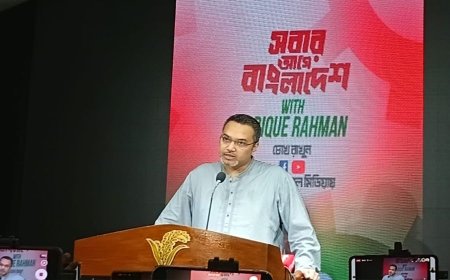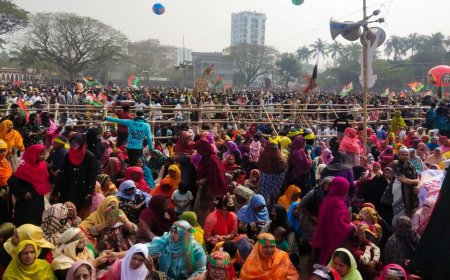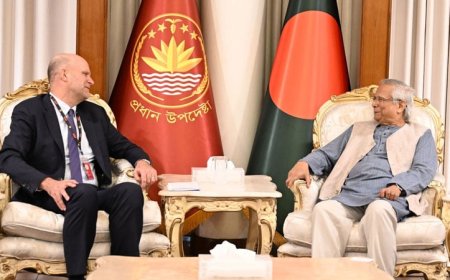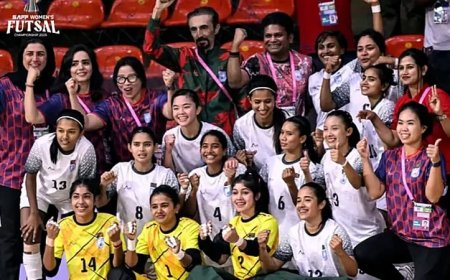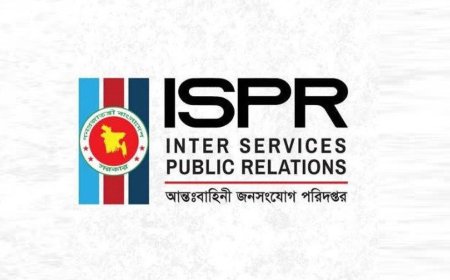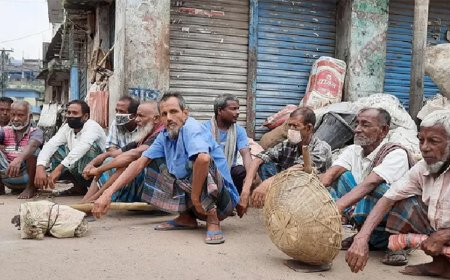The Jatiya Party believes it is facing a 'challenging' and 'risky' situation
The Jatiya Party believes it is facing a 'challenging' and 'risky' situation.
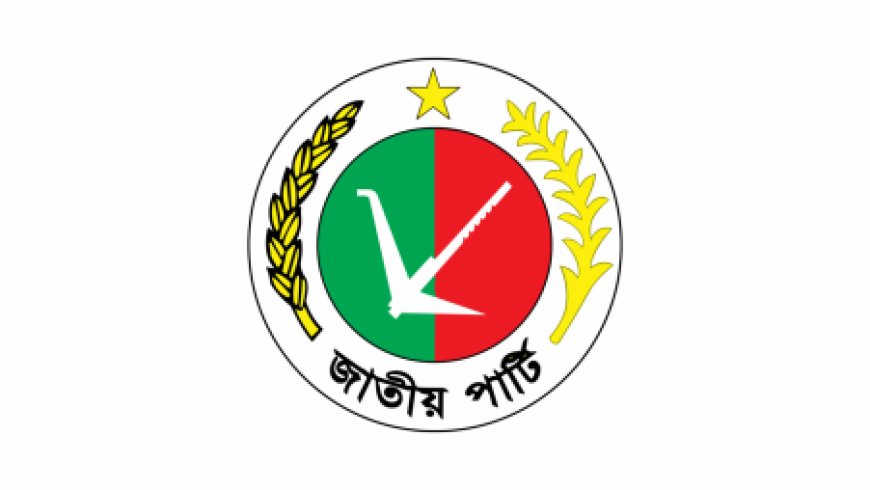
Jatiya Party Faces Mounting Pressure Following July Uprising
The Jatiya Party finds itself under renewed pressure in the wake of the mass uprising that erupted in July. Party leaders and grassroots activists have expressed deep concern over the growing challenges faced by party chairman GM Quader.
According to insiders, these mounting pressures have significantly restricted the party’s activities. There is increasing uncertainty about Jatiya Party's future, especially regarding its participation in the upcoming elections. Despite the tension, the party leadership insists they are prepared to face any obstacles.
Since the uprising, the interim government has distanced itself from Jatiya Party, excluding it from dialogue sessions with political parties. The party has faced repeated obstructions and even physical attacks while attempting to hold public programs. On March 23, the Central Intelligence Cell (CIC) of the National Board of Revenue (NBR) froze the bank accounts of GM Quader. Just a day earlier, the Anti-Corruption Commission (ACC) initiated an investigation against him and his wife, Sharifa Quader.
Earlier, GM Quader, his wife, and several senior leaders were implicated in murder cases linked to the July movement. The party’s central office in Kakrail was also vandalized, and two of its iftar events in Dhaka came under attack. On March 25, Kazi Mamunur Rahman—a leader aligned with Raushan Ershad—submitted a request to the Election Commission to name Raushan Ershad as party chairperson and himself as secretary general. Jatiya Party views all these developments as interconnected.
Party leaders have dismissed Mamunur’s move as insignificant, suspecting that certain external actors and former party members are behind this strategy to pressure the party leadership by leveraging the Election Commission. Jatiya Party believes it is being systematically sidelined, labeled as a collaborator of the Awami League and an agent of India. The ultimate aim, according to party insiders, is to prevent Jatiya Party from filling the political void left by the Awami League’s decline after the uprising.
Although the Awami League has receded from the political front, Jatiya Party remains visible and engaged. Should this continue, the party believes it could attract a significant share of the Awami League’s vote base in future elections. This perceived threat, they argue, is the reason behind the increasing pressure—an effort to render the party ineffective.
Leaders at various levels claim that the interim government, along with some factions of the student and youth movements that led the uprising, are orchestrating this campaign. They also allege that other influential political parties are complicit. The overarching goal, they fear, is to push the Jatiya Party into inactivity and irrelevance, weakening its organizational strength nationwide.
GM Quader has directly blamed the government for the ongoing pressure. Speaking to Prothom Alo, he said, “The interim government has divided the nation by labeling some as ‘collaborators’ and others as ‘fascists.’ The Awami League has been cornered and they want to keep it that way. Now, if Jatiya Party contests in a somewhat fair election, people might shift their support to us. That’s what they fear.”
Many within the party describe the current situation as both “complex” and “dangerous.” There are concerns over whether party unity can be maintained under these conditions. However, the top leadership remains committed to encouraging the rank and file.
Mahmud Alam, secretary of the party's central office, stated, “The chairman is not worried about the ACC’s probe or the freezing of his bank accounts. He has already told us that if he is arrested, he will go willingly, but he will not stop speaking out against injustice. He reminded us that Jatiya Party fought for six years after 1990 to free Ershad. Now, we will fight for the freedom of the people.”
Despite this resolve at the top, fear and uncertainty linger among activists and mid-level leaders. Many worry that the party will not be allowed to function normally, and that its chances in the next election are increasingly slim. All eyes are now on the party’s leadership for direction.
GM Quader told Prothom Alo, “Our politics is now focused solely on the people. We will be on the ground. We will face resistance, but we will push through. I have told our members: if we persevere, the party will endure. Over half of Bangladesh’s people are disillusioned. They’re looking to us for hope.”
Senior policymakers within the party believe that the only way out of the current crisis is through an election overseen by a truly neutral government. However, they argue that the current administration has already lost that neutrality, especially with its support for emerging youth-led political movements. They fear a government-conducted election would lack fairness and international legitimacy.
GM Quader emphasized, “Bangladesh has four major parties with established vote banks: BNP, Awami League, Jamaat, and Jatiya Party. If two are excluded, that’s half the electorate gone—just like what Sheikh Hasina did before. The same approach is being repeated. Such an election will lack international recognition, and the country will remain unstable.”
What's Your Reaction?







